MacKenzie Scott: America’s fairy godmother
MacKenzie Scott pledged to keep on giving money away till the safe was empty when she split from husband Jeff Bezos. That’s easier said than done when you own a chunk of Amazon.
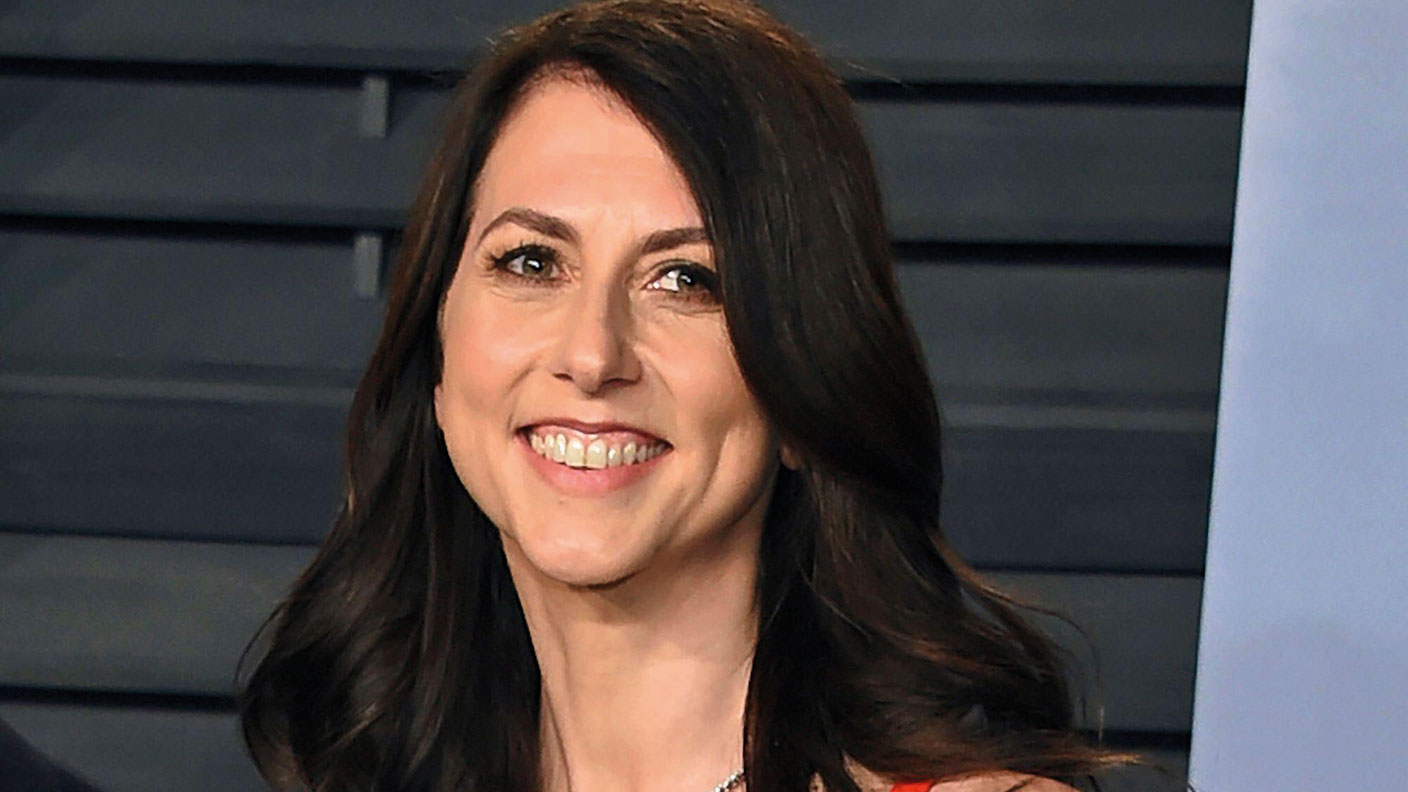
Get the latest financial news, insights and expert analysis from our award-winning MoneyWeek team, to help you understand what really matters when it comes to your finances.
You are now subscribed
Your newsletter sign-up was successful
Want to add more newsletters?

Twice daily
MoneyWeek
Get the latest financial news, insights and expert analysis from our award-winning MoneyWeek team, to help you understand what really matters when it comes to your finances.

Four times a week
Look After My Bills
Sign up to our free money-saving newsletter, filled with the latest news and expert advice to help you find the best tips and deals for managing your bills. Start saving today!
In 2019, a new shell company was quietly set up in Delaware and named Lost Horse – after a Chinese folk tale about the vicissitudes of fortune. Soon after, reps began cold-calling charities and nonprofits across America offering multi-million-dollar donations from an anonymous donor.
Some recipients suspected the “mysterious overtures” were scams, says Forbes. To their delight, it turned out otherwise. Their secret benefactor was MacKenzie Scott who, in two years, has given away at least $12bn of her $52bn fortune in a laissez-faire fashion that puts other billionaires to shame.
Amazon’s first worker
Until her divorce from Amazon founder Jeff Bezos three years ago, Scott was largely unknown, says Fortune. A 52-year-old writer who studied under Nobel laureate Toni Morrison, she was famously the “first Amazon employee”. Now she is setting a new standard in the “giving” business.
MoneyWeek
Subscribe to MoneyWeek today and get your first six magazine issues absolutely FREE

Sign up to Money Morning
Don't miss the latest investment and personal finances news, market analysis, plus money-saving tips with our free twice-daily newsletter
Don't miss the latest investment and personal finances news, market analysis, plus money-saving tips with our free twice-daily newsletter
Scott’s emissaries appear “out of nowhere with a huge cheque, without strings or fanfare”, and then vanish. That’s “revolutionary” in a world where “mega-donations” usually come with lots of strings attached.
Lost Horse has so far reached 1,257 groups, from little-known charities to organisations championing Scott’s favoured causes. She often homes in on grassroots arts and theatre companies – hovering somewhere in the shadows like a “fairy godmother”. Her only demand of recipients is that they maintain her privacy.
Her own life has taken some sharp turns, says The New York Times. Born into a life of Californian privilege in 1970 – her father, Jason Tuttle, was a San Francisco investment adviser, her mother, Holiday, a socialite fundraiser – MacKenzie was taken out of her smart Connecticut boarding school “after her family declared bankruptcy” and worked as a waitress to see herself through an English degree at Princeton.
Scott later claimed she knew she wanted to be a writer from the age of six. But as a young graduate in New York, she accepted a job in recruitment at hedge fund D.E. Shaw out of financial necessity and, in 1993, “married the man in the office next to hers” – Jeff Bezos. A year later the newlyweds moved to Seattle to “pursue his dream” of starting an online bookshop.
The move suited Scott, says CNBC. She enjoyed working part-time on the start-up with Jeff – remarking in a letter to Toni Morrison that Amazon was “an interesting business” – but now had time to work on a novel. It took her ten years to write The Testing of Luther Albright (2005) which won an American Book Award. During that time Scott also raised four children and lent support during Amazon’s explosive ascent through the fires of the dotcom boom and bust.
By the time her second novel, Traps, was published in 2013, the firm had cemented its position as the world’s dominant retail juggernaut. Scott disliked the glare of publicity that being married to the world’s richest man brought, however, and, in January 2019, she and Bezos jointly announced that they were divorcing. She adopted her middle name as a surname, but has since remarried a chemistry teacher.
Carry on giving
On taking control of her post-divorce fortune, which included a 4% stake in Amazon, Scott declared she was going to keep on giving “until the safe is empty”. Until recently that seemed an almost laughable proposition. As The Economist observed last November, Amazon shares have rallied some 95% since 2019, meaning “Scott’s safe is fuller now than it was when she began shovelling money out of the door”.
Still, after 28 years of rip-roaring growth, that may be changing. Last week, some $150bn was wiped off Amazon’s value after it reported its “slowest quarterly growth since 2001”, says The Daily Telegraph. The macro trends that propelled it to greatness – globalisation and a calm inflationary environment – have gone into reverse. If so, we can count on MacKenzie Scott taking the shift philosophically.
Get the latest financial news, insights and expert analysis from our award-winning MoneyWeek team, to help you understand what really matters when it comes to your finances.
Jane writes profiles for MoneyWeek and is city editor of The Week. A former British Society of Magazine Editors (BSME) editor of the year, she cut her teeth in journalism editing The Daily Telegraph’s Letters page and writing gossip for the London Evening Standard – while contributing to a kaleidoscopic range of business magazines including Personnel Today, Edge, Microscope, Computing, PC Business World, and Business & Finance.
-
 How a ‘great view’ from your home can boost its value by 35%
How a ‘great view’ from your home can boost its value by 35%A house that comes with a picturesque backdrop could add tens of thousands of pounds to its asking price – but how does each region compare?
-
 What is a care fees annuity and how much does it cost?
What is a care fees annuity and how much does it cost?How we will be cared for in our later years – and how much we are willing to pay for it – are conversations best had as early as possible. One option to cover the cost is a care fees annuity. We look at the pros and cons.
-
 VICE bankruptcy: how did it happen?
VICE bankruptcy: how did it happen?Was the VICE bankruptcy inevitable? We look into how the once multibillion-dollar came crashing down.
-
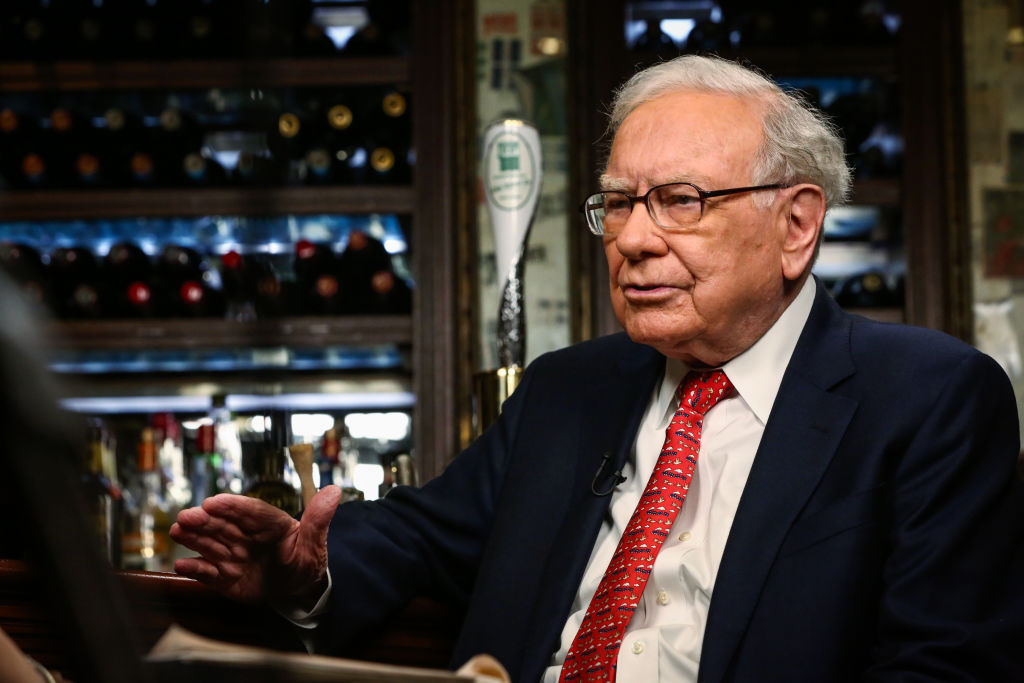 What is Warren Buffett’s net worth?
What is Warren Buffett’s net worth?Warren Buffett, sometimes referred to as the “Oracle of Omaha”, is considered one of the most successful investors of all time. How did he make his billions?
-
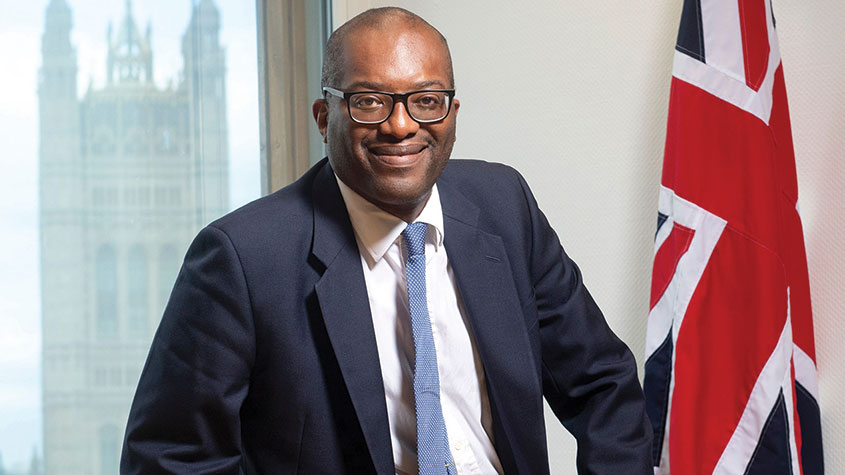 Kwasi Kwarteng: the leading light of the Tory right
Kwasi Kwarteng: the leading light of the Tory rightProfiles Kwasi Kwarteng, who studied 17th-century currency policy for his doctoral thesis, has always had a keen interest in economic crises. Now he is in one of his own making
-
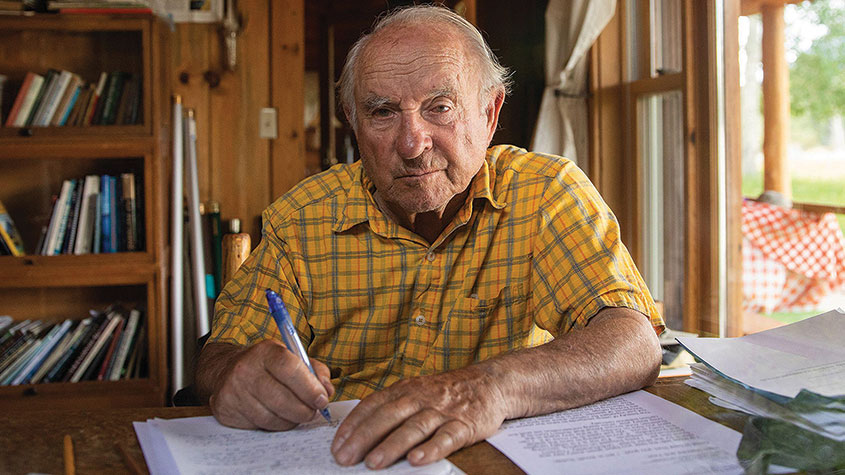 Yvon Chouinard: The billionaire “dirtbag” who's giving it all away
Yvon Chouinard: The billionaire “dirtbag” who's giving it all awayProfiles Outdoor-equipment retailer Yvon Chouinard is the latest in a line of rich benefactors to shun personal aggrandisement in favour of worthy causes.
-
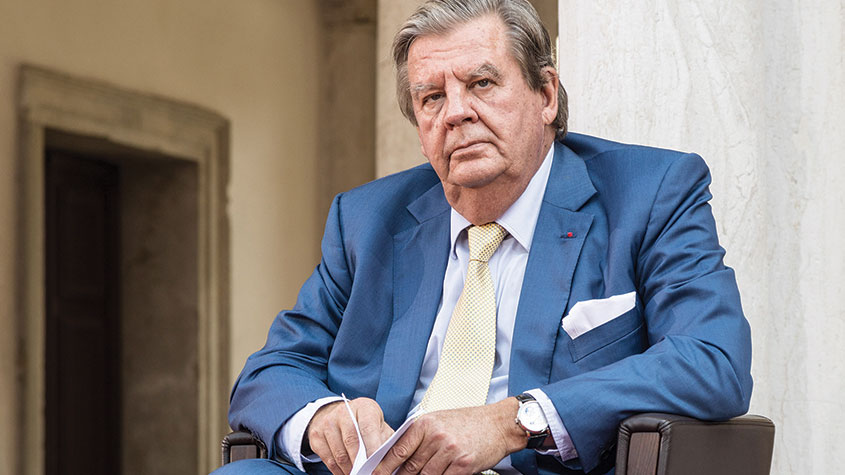 Johann Rupert: the Warren Buffett of luxury goods
Johann Rupert: the Warren Buffett of luxury goodsProfiles Johann Rupert, the presiding boss of Swiss luxury group Richemont, has seen off a challenge to his authority by a hedge fund. But his trials are not over yet.
-
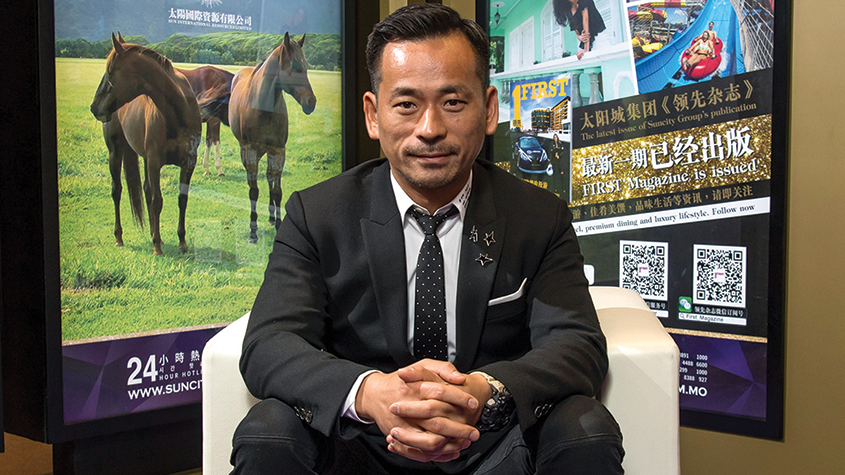 Profile: the fall of Alvin Chau, Macau’s junket king
Profile: the fall of Alvin Chau, Macau’s junket kingProfiles Alvin Chau made a fortune catering for Chinese gamblers as the authorities turned a blind eye. Now he’s on trial for illegal cross-border gambling, fraud and money laundering.
-
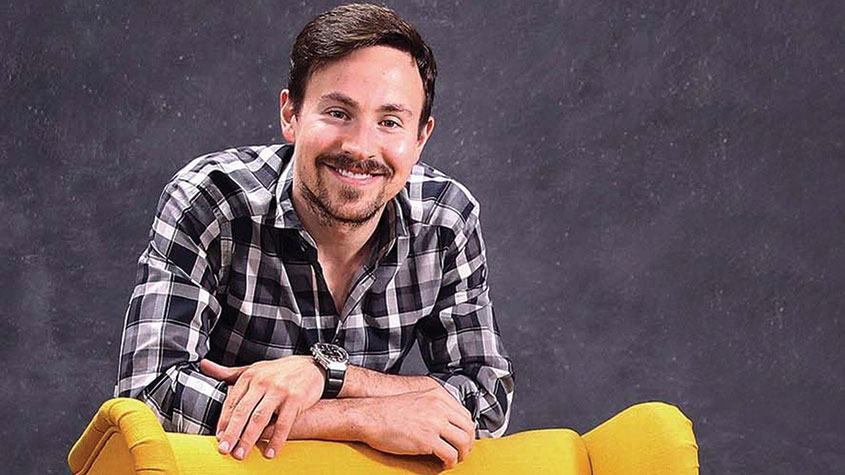 Ryan Cohen: the “meme king” who sparked a frenzy
Ryan Cohen: the “meme king” who sparked a frenzyProfiles Ryan Cohen was credited with saving a clapped-out videogames retailer with little more than a knack for whipping up a social-media storm. But his latest intervention has backfired.
-
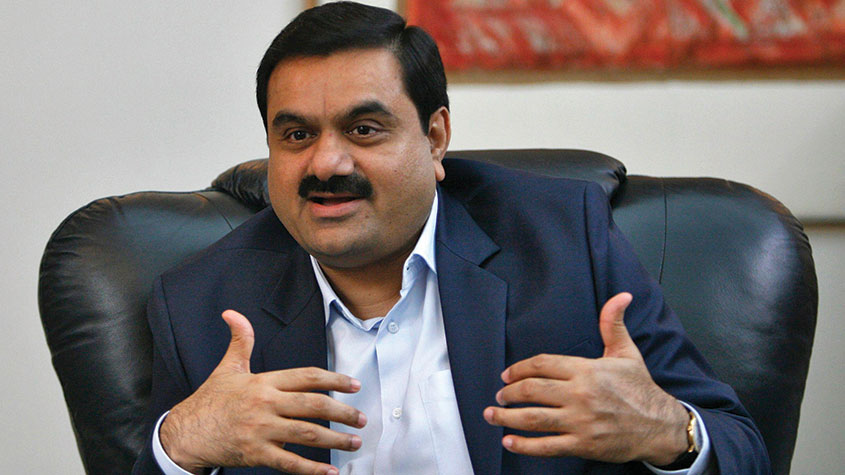 The rise of Gautam Adani, Asia’s richest man
The rise of Gautam Adani, Asia’s richest manProfiles India’s Gautam Adani started working life as an exporter and hit the big time when he moved into infrastructure. Political connections have been useful – but are a double-edged sword.